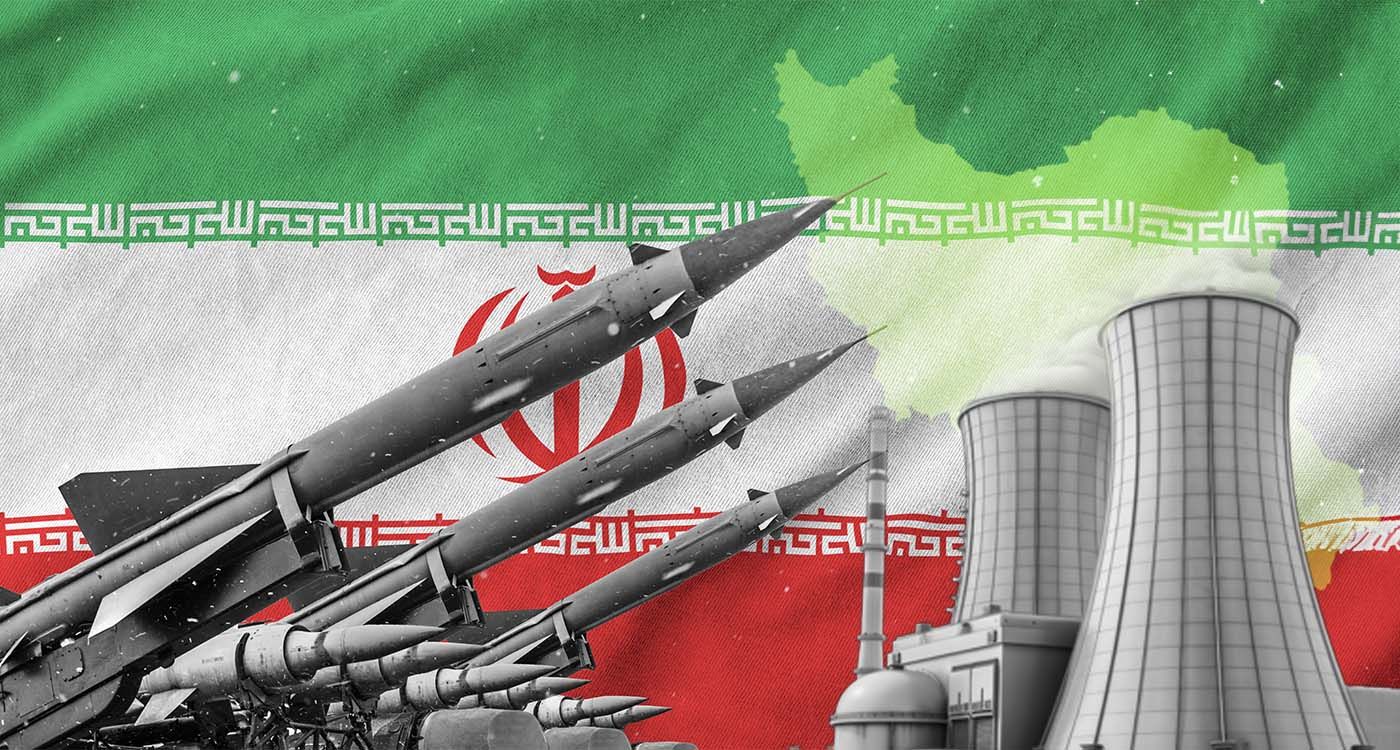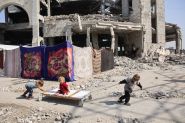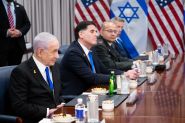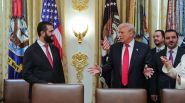- Home
- Middle East
- The Iranian Regime of War and Death

©This is Beirut
When I was in elementary school in Baghdad, in the early 1980s, teachers took us to the streets to shout angry slogans against “Khomeini the Hypocrite” for refusing to end Iran’s war with Iraq. Little did I know that, decades later and well into middle age, I would still be discussing the seemingly endless wars driven by the Islamist Iranian regime—its development of explosive drones, ballistic missiles, and nuclear weapons, and its arming of militias in Lebanon, Yemen, and Sudan.
The Islamist regime of Iran was built on war. If it changes, it collapses. There can be no deals with a regime built on death and destruction.
For the past two decades in America, I have been researching, debating, and advising on foreign policy. I have witnessed five successive administrations come and go, all with the same misguided idea: that Iran can be reasoned with. Each administration has ended up with the same result—more Iranian militarization, more conflict, more death, and more destruction.
The problem with recommending good policy is that it always gets entangled with terrible politics.
Every American policymaker knows that the only good Islamist Iranian regime is a dead one. Yet they also know that war is politically costly. That is why they follow public opinion instead of shaping it.
Wars in Iraq and Afghanistan gave Americans the impression that the outcome of war is always bad. While partially true, economic and human development indicators in Iraq and Afghanistan today suggest that both countries are better off than they were in 2000. The world no longer fears that either of these formerly failed states will export terrorism, as they once did.
Very few Americans are aware that, after all is said and done, Iraq today is doing much better than before the war in 2003. Vietnam was once a much worse quagmire for America than Iraq ever was. And yet, Vietnam today is much closer to America than the stubborn foe it was half a century ago.
Wars are messy and ugly, but in the longer term, they seem to change things for the better. Germany, Japan, and South Korea all went through this process. Their paths from tyranny to thriving democracies weren’t linear or predictable. Nor has the journey been smooth for Iraq or Afghanistan. And if Iran is ever freed from its regime, the same will apply.
In Iran, the Islamist regime continues to develop its nuclear program, bringing it closer to weaponization. The regime is also importing material for the production of ballistic missiles after Israel substantially eroded Tehran’s ability to do so. In Lebanon, the Iranian regime is quickly rebuilding Hezbollah. On Thursday, Israel destroyed eight locations inside Lebanon; most of them were factories producing explosive drones.
Lebanon is a failing state that lives under the thumb of the Islamist Iranian regime. Even though Hezbollah signed a ceasefire that stopped the war it had started on Israel, the pro-Iranian militia does not intend to respect any of its promises. The ceasefire stipulates that Hezbollah must be fully disarmed yet the militia is doing the exact opposite: rearming. The weak Lebanese state tries to stay relevant by blaming “Israeli aggression”, but in doing so, Beirut reaffirms its irrelevance in the war between Hezbollah and Israel.
And if Iran is rearming its proxy in Lebanon, it is surely doing the same in Syria. In Yemen, Tehran has prevailed over America. In Sudan, the Islamist Iranian regime has established contact, started supplying the Sudan Armed Forces (SAF) with explosive drones, and is building an Islamist militia modeled after Hezbollah and its Iraqi militias.
Then there is Iran’s nuclear program. Tehran insists it is civilian in nature—a claim undermined by the fact that civilian use requires enrichment only up to 20%. Iran is enriching uranium at 60%.
There are peaceful ways to produce nuclear energy, including importing enriched uranium or using alternative technologies. Iran rejects them all. It insists on enriching uranium itself, preserving its ability to flip the switch between civilian and military applications at will. The only safeguard is Tehran’s word—which means little, especially since it built the Natanz facility in secret until Western intelligence revealed it.
All of my life I’ve been suffering from and commenting on the destructive Islamist Iranian regime. Now that everything is said and done, I’ve come to one conclusion: the only good policy for Iran is to make sure that its Islamist regime is gone. Everything else is shortsighted politics.
Read more




Comments